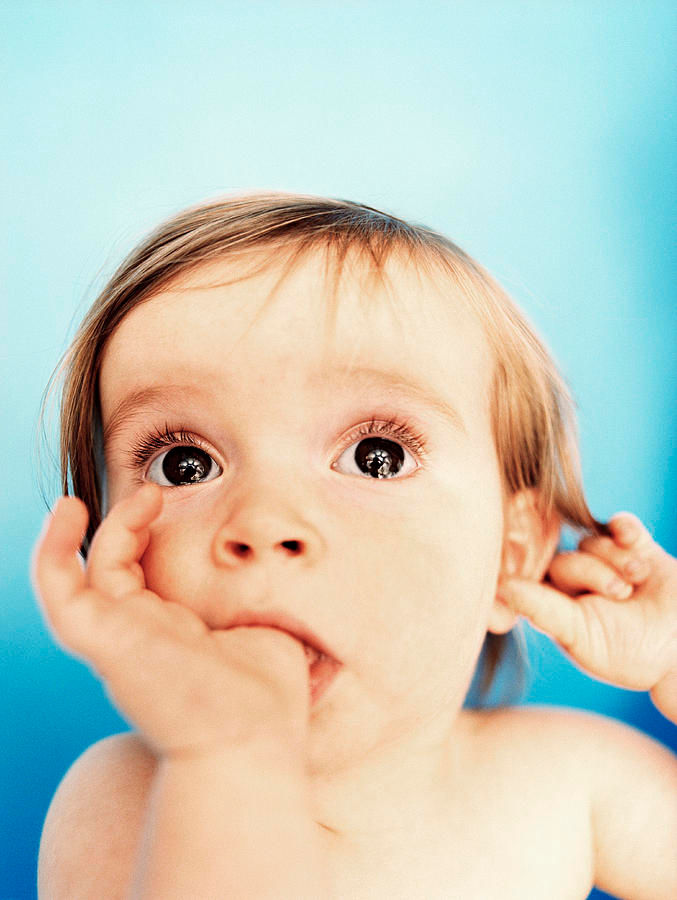Journal #4: Sigmund Freud's Psychosexual Developmental Stages
- psychtwo
- Feb 4, 2015
- 3 min read
Sigmund Freud was well known for his five stages of Psychosexual Development, which was his way of the way the person’s personality develops. he believed that completion of each of the stages lead to a healthy personality, where is a person fails a stage or becomes infatuated with the stage for too long, they will have an unhealthy personality. The stages of the psychosexual revolved around the idea of the people’s unconscious sexual urges and their fixations.
Stage One: Oral

The first stage of the Psychosexual Development is called the Oral stage. This stage happens between birth and 18 months. During this time, the child achieves gratification through oral activities such as sucking, biting, and eating. The mouth is the infants primary erogenous zone, which means that the liberal energy is most focused on the oral cavity. In his theory, he states that an infant that is neglected ( under-fed), over an overprotected (over-fed), may become orally fixed during adulthood. A fixation in this stage may result in issues with dependency and aggression, it may also lead to smoking, nail biting, etc. During this stage the ego is developed. If the child is not able to resolve their sexual urges in the oral stage, the child will not be able to move on to the next stage.
http://twkidsdentist.com/blog/
Stage Two: Anal

The second stage is called the Anal stage. During the age of 18 months to 3 years, the erogenous zone
shifts to the anal region. This shift happens when the children start potty training, going to the bathroom becomes a pleasurable feeling. Freud believes that throughout this stage the unconscious mind was going through a conflict because they were trying to maintain self-control. This stage can affect the personality in two different ways, anally expulsive and anally retentive. A person that is anally expulsive would mean that they have a limited amount of self-control, and someone who is anally retentive means that they are obsessively organized.
http://www.rafrafbaby.com/blog/how-to-tell-when-your-child-is-ready/
Stage Three: Phallic

The third stage is called the Phallic stage. This stage happens during the age of 3 and 6 years. This stage is the most intricate of the five stages as the erogenous zone shifts from the anus to the genitals. Freud developed this stage from the male perspective. The most important aspect of the phallic stage is the Oedipus complex, this stage is one of his most controversial ideas. During this stage, Freud says that young boys will arise and develop sexual desires to their mother. He’ll want to possess his mother for himself and want to get rid of his father to do so. During this stage what the boys enjoys most is his penis, and develops a castration anxiety. The boy will then go out and join the dad in masculine dad-type behaviors. The young girls have similar ideas that happen to them called the Electra complex. The girls have a brief desire for their father, but realizes she does not have a penis, which leads to the development of penis envy. During the Phallic stage the superego is developed.
http://en.wikinoticia.com/lifestyle/psychology/107126-oedipus-complex
Stage Four: Latency

The fourth stage is called the Latency Stage. This stages occurs during the age of 6 years until puberty. No psychosexual development takes place during this stage. Freud believed that most sexual impulses are repressed during this stage and the energy is used towards school work, developing new skills and hobbies. Play becomes largely confined to other children of the same gender.
http://www.todaysparent.com/family/parenting/girls-are-yucky/
Stage Five: Genitial

The final stage of the Psychosexual Development is the Genital stage. This stage takes place from puberty to death. At this sexual urges arouse, and if the improper transition happens, it may result in failure to form heterosexual relationships in the future.
http://guardianlv.com/2014/01/study-suggests-childless-couples-are-happier-than-parents/













Comments